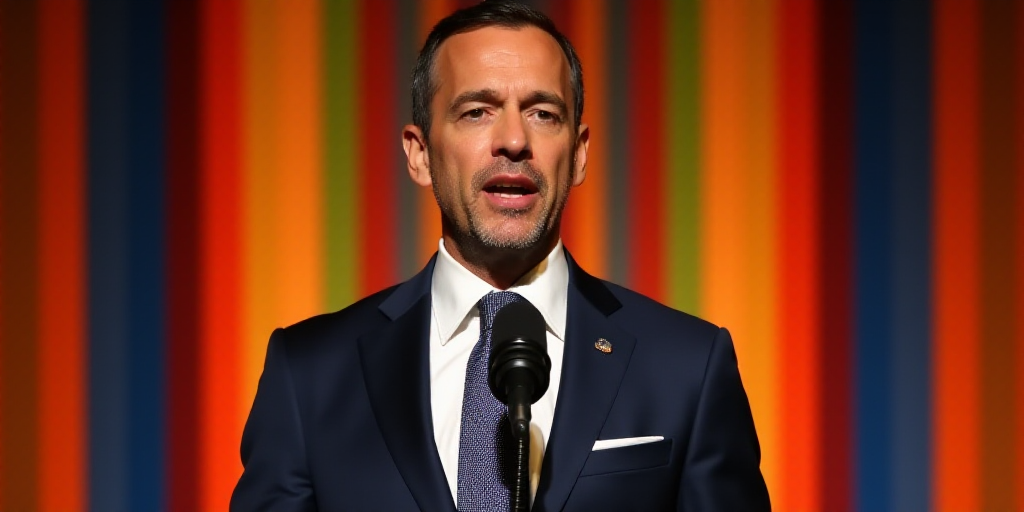Background on the Situation
The United States, under President Donald Trump’s administration, is considering extending the July deadline for implementing higher tariffs on imports from numerous countries. This information was announced by the White House on Thursday.
Key Players and Relevance
Karoline Leavitt, the White House spokesperson, stated that President Trump might offer a new deal to these countries. Jamieson Greer, the United States Trade Representative (USTR), is actively engaged in negotiations with major trading partners to avoid the tariff increase.
Current Developments
The original deadline for the tariff increase was set for July 9th, following a pause announced in April. Leavitt indicated that the President could propose a reciprocal tariff rate he deems advantageous for the United States if countries fail to present their own proposals before the deadline.
USTR’s Efforts
According to Leavitt, Greer is working diligently and maintaining “good and productive conversations” with many of the United States’ key trading partners.
Key Questions and Answers
- Q: What is the current situation regarding tariff increases? A: The United States is considering extending the July deadline for implementing higher tariffs on imports from various countries.
- Q: Who is involved in these negotiations? A: President Donald Trump and the United States Trade Representative, Jamieson Greer, are engaged in discussions with major trading partners.
- Q: What could happen if countries don’t propose their own tariff deals? A: President Trump may offer a reciprocal tariff rate that he believes is beneficial for the United States.
- Q: How is the USTR contributing to this situation? A: Jamieson Greer, as the USTR, is actively negotiating with key trading partners to avoid tariff increases.
As the July deadline approaches, the United States continues its efforts to negotiate favorable trade deals with major partners, ensuring minimal disruption to global commerce.






